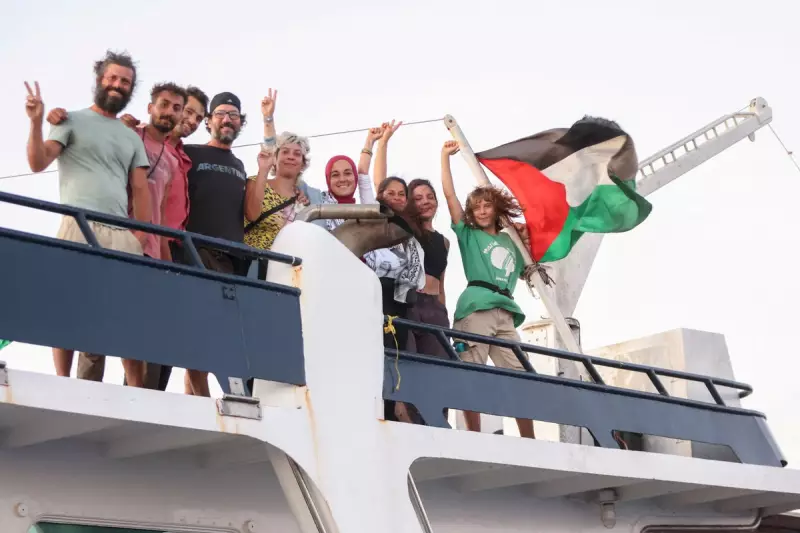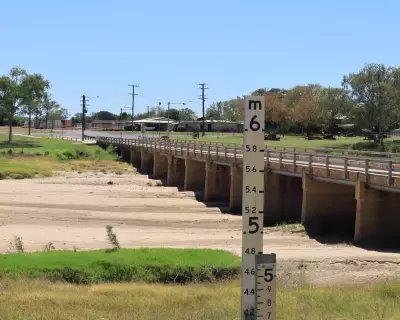
In a significant escalation of her humanitarian activism, Swedish climate campaigner Greta Thunberg has joined an international aid flotilla attempting to breach Israel's naval blockade of Gaza. The move represents a dramatic expansion of the young activist's focus from environmental issues to direct humanitarian intervention in one of the world's most contentious conflict zones.
The flotilla, organised by a coalition of pro-Palestinian groups, aims to deliver essential supplies to Gaza's 2.3 million residents, who face what aid agencies describe as catastrophic living conditions following months of intense bombardment and siege.
From Climate Strikes to Conflict Zones
Thunberg's participation marks a notable departure from her established role as a climate campaigner. The 21-year-old activist was photographed aboard one of the vessels, wearing a traditional Palestinian keffiyeh scarf and holding a sign reading "Stand with Gaza."
"The climate crisis and human rights are fundamentally interconnected," Thunberg stated in a prepared release. "We cannot stand by while an entire population suffers from lack of food, medicine, and basic human dignity."
International Response and Security Concerns
The mission has drawn sharp criticism from Israeli officials, who maintain that the blockade is necessary to prevent weapons smuggling to Hamas militants. A spokesperson for the Israeli government condemned the flotilla as "a provocative stunt that serves terrorist interests."
Security analysts have raised concerns about potential confrontations, recalling the 2010 Gaza flotilla raid where Israeli commandos killed nine activists aboard the Mavi Marmara. The current flotilla organisers insist their mission is purely humanitarian and have called for international protection.
Growing Humanitarian Crisis
According to United Nations reports, Gaza faces:
- Widespread food insecurity affecting over 90% of the population
- Collapse of the healthcare system with most hospitals non-functional
- Acute shortages of clean water and sanitation facilities
- Displacement of approximately 85% of residents
The involvement of high-profile activists like Thunberg has amplified global attention on the deteriorating situation, though questions remain about the practical impact of such symbolic missions.





